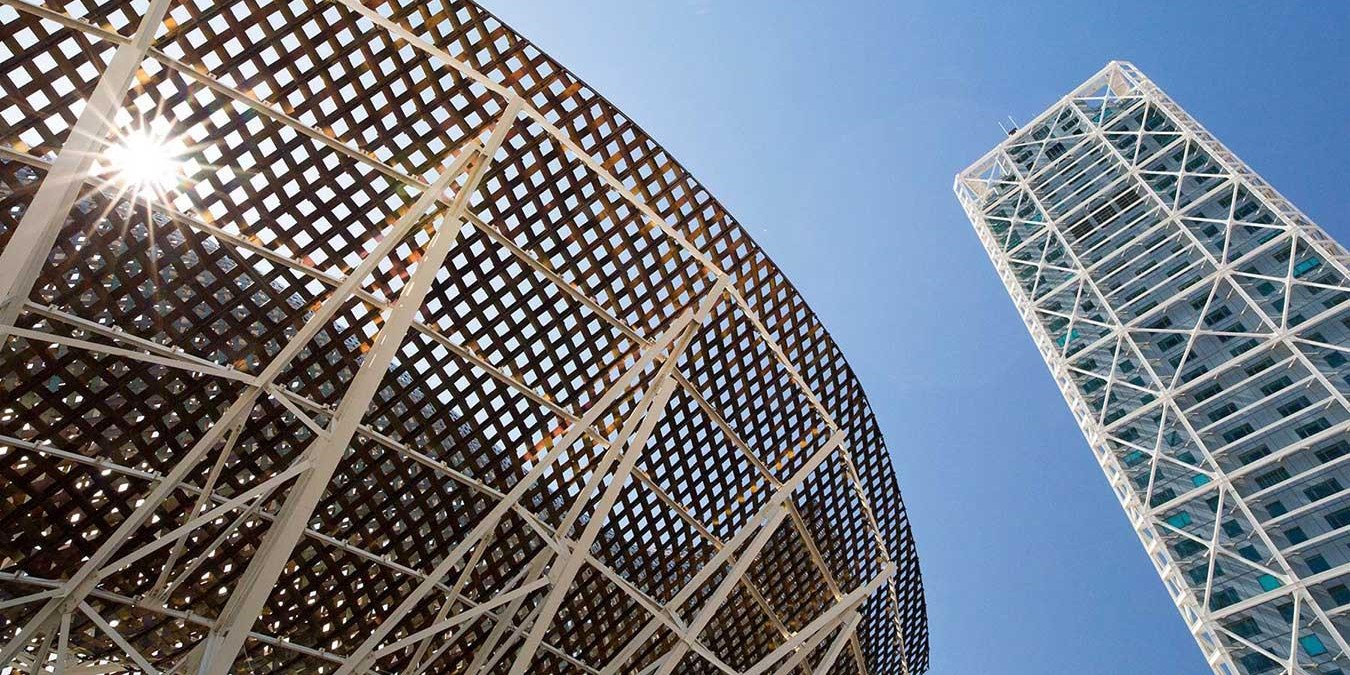
Low-Cycle Fatigue Behaviour of Bolted Shear Con-nectors in Sustainable Composite Structures
Please login to view abstract download link
Sustainable steel-concrete composite structures are becoming more popular and widespread in construction due to their satisfactory load-carrying capacity, envi-ronmental benefits, and their ability to be demounted in case of any damage or at the end of their lifespan. This can be achieved by adopting demountable shear connectors. Moreover, using one-sided assembly types of bolted shear connect-ors paves the way for easing the installation process, thus reducing energy con-sumption and project costs as well as traffic congestion in case of bridge maintenance. However, the behaviour of one-sided assembly bolted shear con-nectors in the fatigue regime, especially under the low-cycle fatigue domain has not been studied. In the current study, the low-cycle fatigue behaviour of the one-sided assembly type of bolted shear connectors was investigated through conducting experiments utilising the direct shear method and the results were compared with those of welded-headed studs. Experimental outcomes show that the low-cycle fatigue behaviour of bolted shear connectors is a significant factor in the design of shear connectors in sustainable steel-concrete composite structures. Additionally, results exhibited higher low-cycle fatigue strength in comparison with headed studs. However, it was found that materials with higher ultimate strength tend to be more susceptible to low-cycle fatigue loading.

